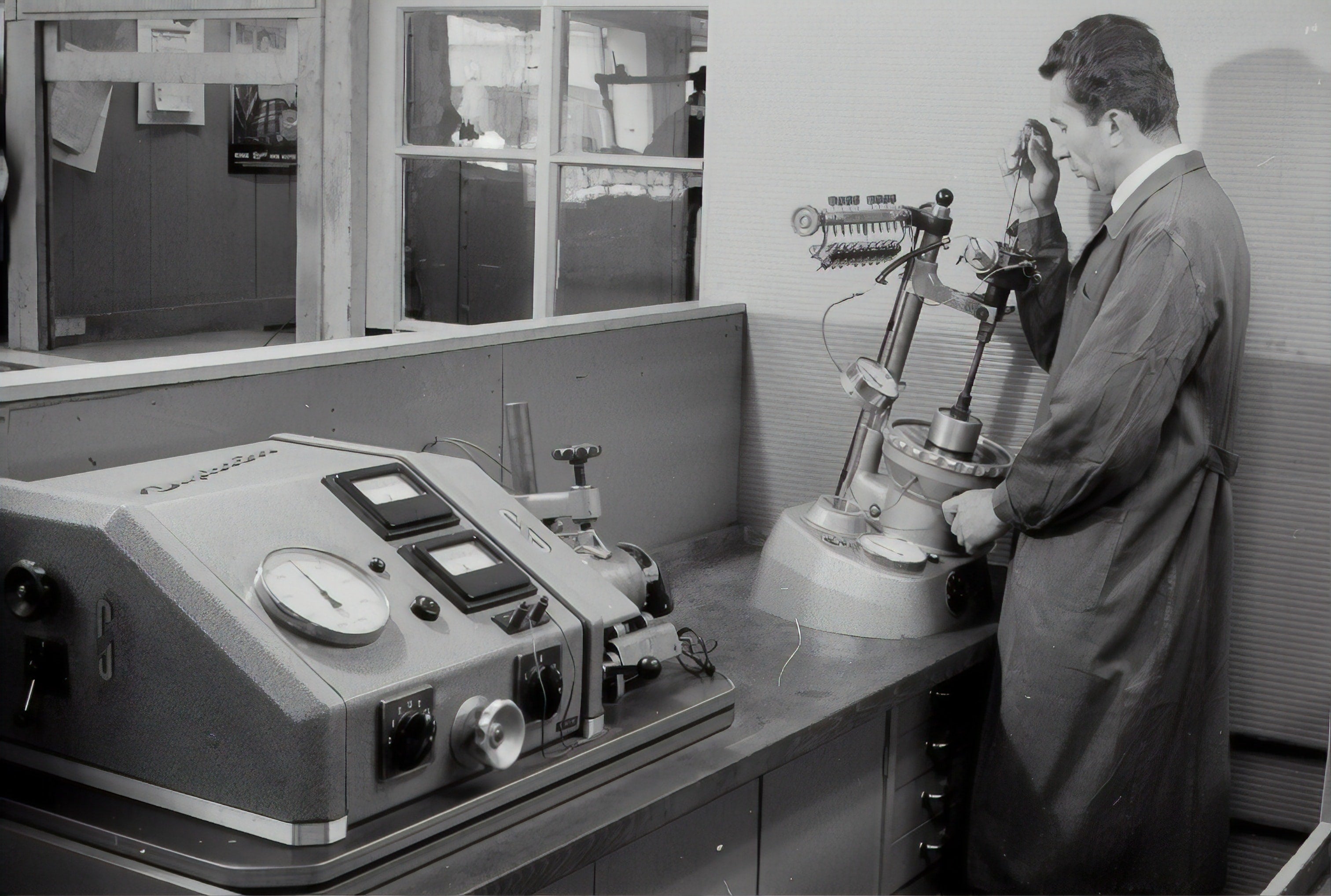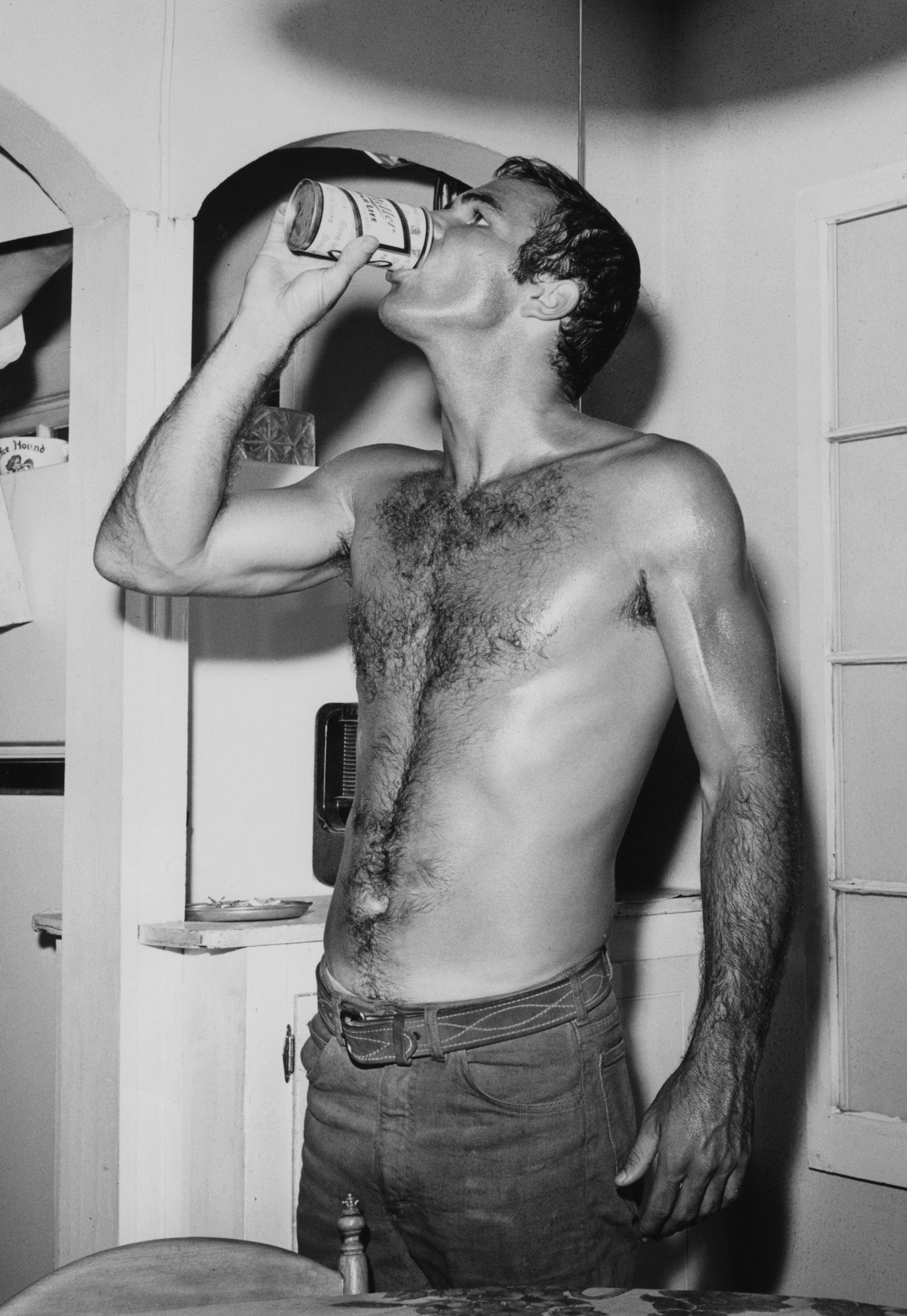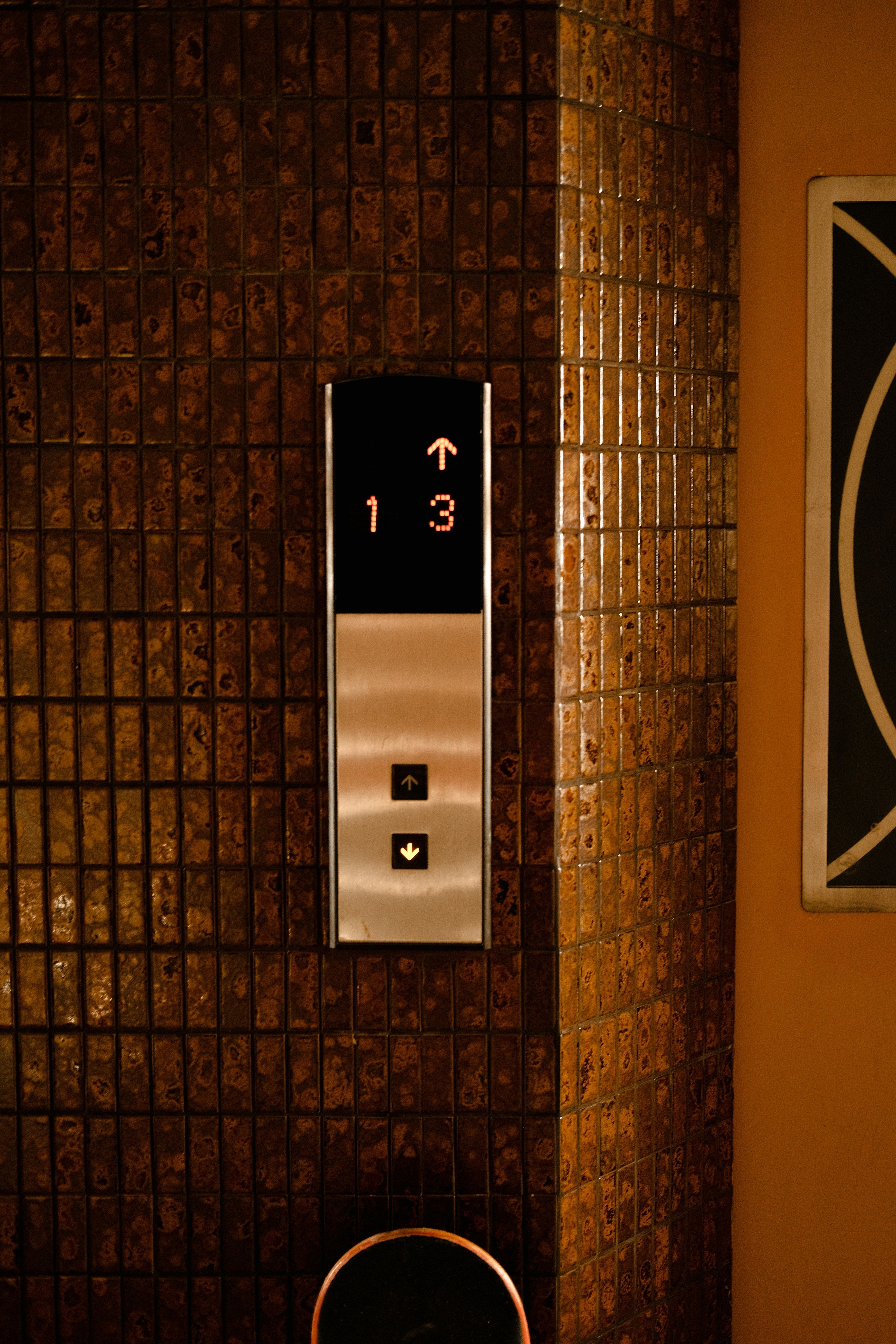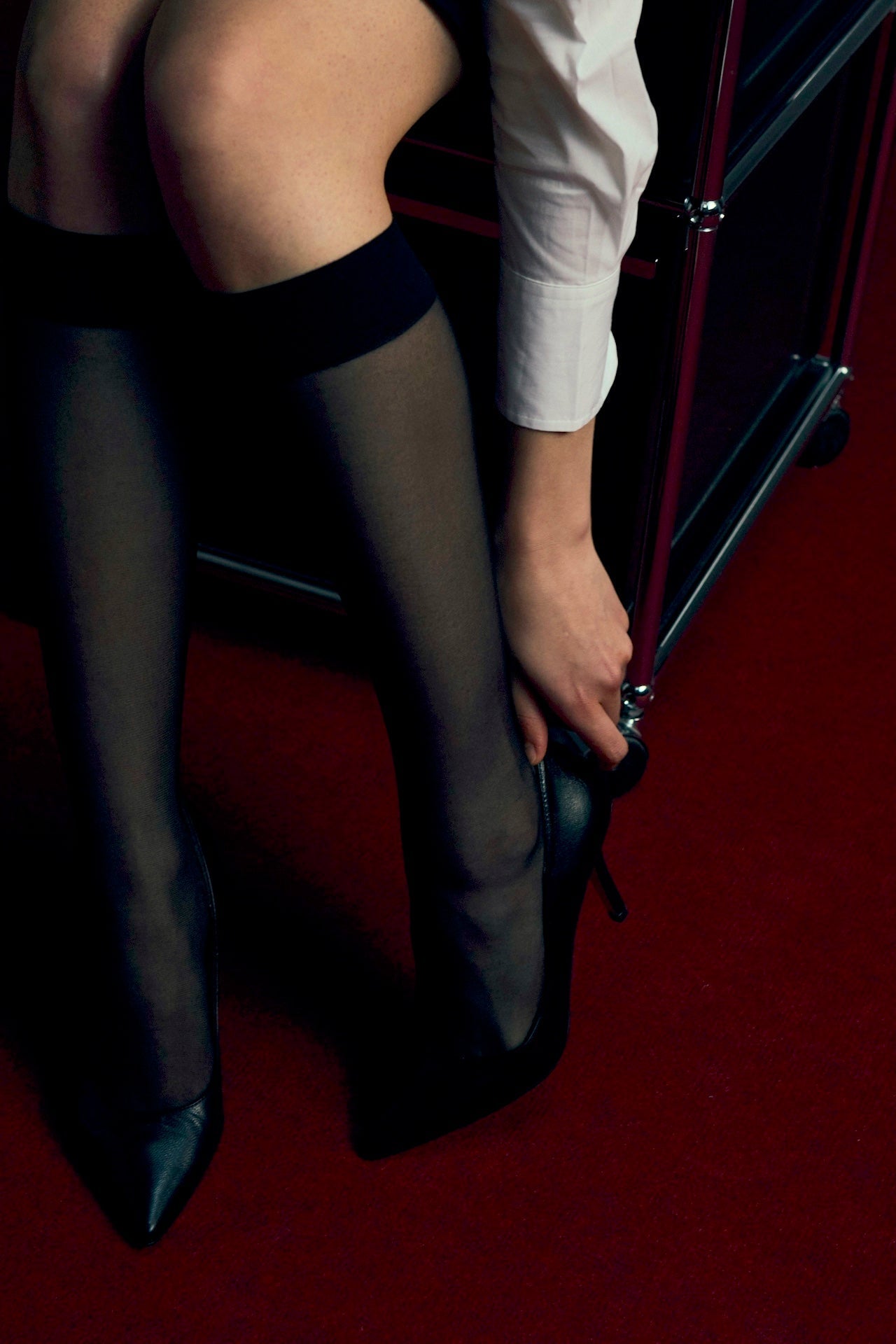Unpacking the fantasy of doctors and nurses.

A historical look at our feverish love for medical professionals.
Being ill isn’t sexy. It sucks. But somehow the people we’re mainly exposed to when ill are… really hot? From kids’ cartoons (“Helloooooooo Nurse!”) to Halloween costumes to that iconic Blink-182 album cover, the idea of the “naughty nurse” is firmly ingrained in society. Meanwhile, about a third of primetime TV shows center on a handsome—if troubled—doctor. Both jobs regularly top polls of the professions seen as the most attractive. Beyond the fact that nurses and doctors save lives, and there’s something that just inherently seems to make sense about that being a good thing, what’s the deal with the collective horn for hospital workers?
Naughty nurses
In the earliest days of nursing, it was seen as just about the lowest profession there was, and nurses themselves as a bunch of drunks and ne’er-do-wells. At the time, women were expected to remain in their family home until they married and entered a new family home, and working for money was seen as the last resort of the desperate.
This changed in Victorian times. At the beginning of the 19th century, the stereotype of a nurse was exemplified by the character Sarah Gamp in Charles Dickens's Martin Chuzzlewit—an incompetent, sloppy, and unattractive drunk. However, the Crimean War in the 1850s saw nursing completely reinvented—Florence Nightingale established the modern idea of nursing and transformed their image into borderline angelic figures.
This became that bit more sexualized in the 20th century, as a series of wars saw generations of men called to the battlefront. There weren’t a lot of women around, so the majority of exposure most soldiers had to women were nurses—trained to show compassion, kindness, and care. Surrounded by death and violence, thousands of miles away from loved ones, this was an incredibly powerful thing, and it lingered enough for the sexy nurse to become something of an entertainment staple in the post-WW2 years.
Dreamy doctors
It’s not easy to become a doctor—the amount of education, ambition and hard work involved mean there is a very high attrition rate. This means they are held in pretty high regard within society in general—doctors are seen as intelligent, capable, authoritative, and worthy of respect, all very attractive traits. This high status—and, in some cases, the financial security it often brings—is in itself attractive.
Physician and Instagrammer Dr. Mike Varshavski—once dubbed the “sexiest doctor alive” by People magazine—believes the dedication involved in becoming a doctor to be the trait that makes them most attractive. “Doctors are very popular with women,” he said in an interview in 2015. “The field of medicine is one you have to have a lot of dedication to enter. It shows you’re committed, and that’s one of the most important factors women look for in a relationship.”
Unsexy side effects
However, the perceived sexiness of medical professionals can lead to unfortunate consequences. It exaggerates the idea that men are doctors and women are nurses, which is harmful to both male nurses (which are in very short supply) and female doctors. A 2005 American Medical Journal study suggested both male and female doctors were undermining their authority by leaning into their sexy stereotype and dressing more attractively, potentially damaging doctor-patient relationships in doing so.
It is, of course, dramatically unfair that the stereotype which applies to women reduces them to sex objects while the one that applies predominantly to men praises their intelligence and competence. Nursing is an extremely physically, mentally, and emotionally demanding profession that is grossly undermined by the hyper-sexualized stereotype reducing life-saving medical workers to sex objects. Nurses are frequently subjected to sexual harassment at work by both patients and colleagues—in one survey by the American Nursing Association, 60% of nurses reported such experiences—with inappropriate comments and groping both incredibly common and just the tip of the iceberg.
Nurses and doctors save lives every day and show compassion and kindness when it is most needed. Of course, that’s attractive—it is humanity at its best. But if that leaves the realm of fun and becomes actively harmful, interfering with people’s abilities to do their jobs, something has gone desperately wrong.



